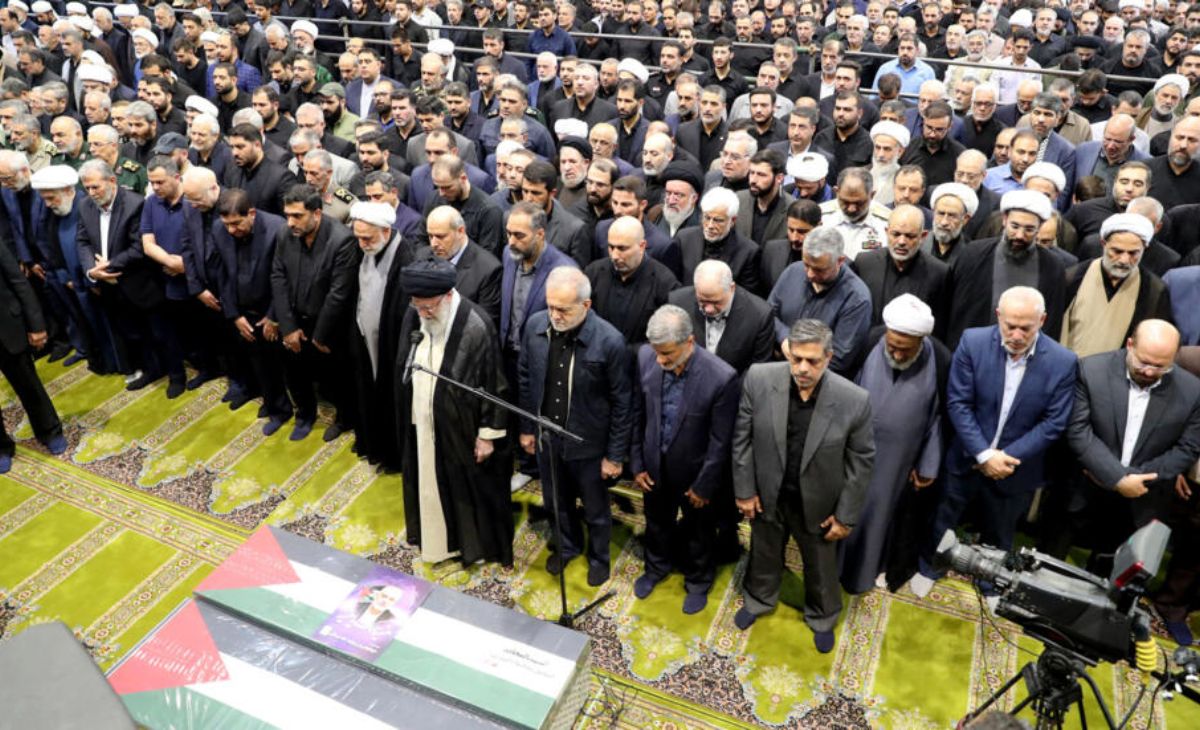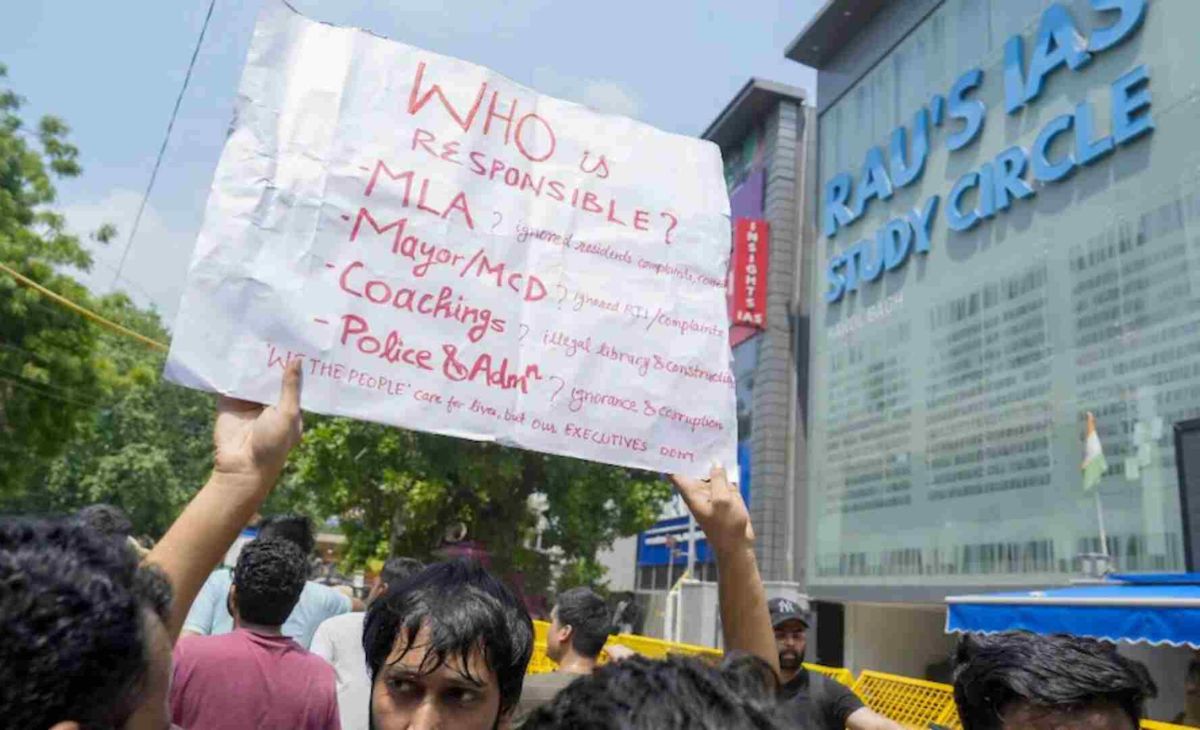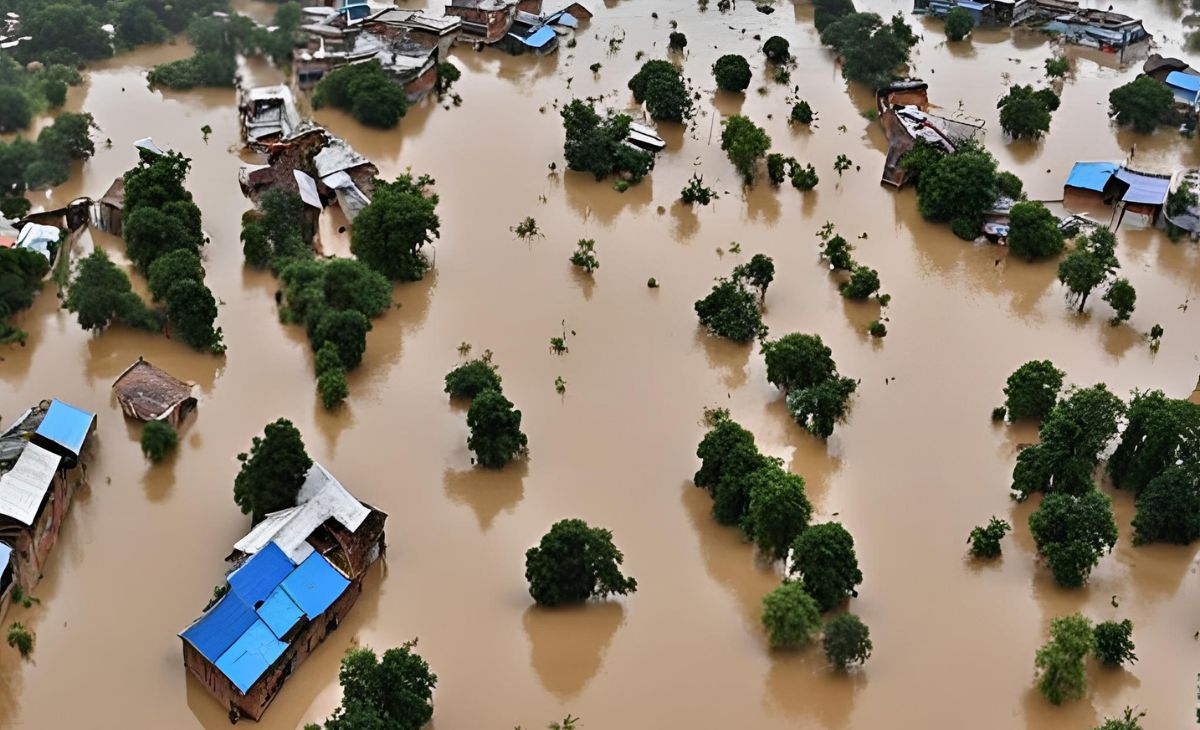Tensions in the Middle East have significantly increased following the assassination of key leaders from Hamas and Hezbollah, attributed to Israel. This has raised fears of a regional war, with cross-border exchanges of fire and international advisories for citizens to leave Lebanon. The situation has led to heightened military readiness and concerns over the viability of peace negotiations.
5 Major Key Points
- Assassinations Intensify Conflict: The killings of Hamas chief Ismail Haniyeh in Tehran and Hezbollah’s military chief Fuad Shukr in Beirut have escalated calls for retaliation against Israel.
- Hezbollah’s Response: Hezbollah has been engaging in near-daily cross-border fire with Israeli forces, including a recent attack on the Israeli settlement of Beit Hillel, with Iran pushing for deeper strikes inside Israel.
- International Reactions: The US, UK, Australia, France, and Canada have advised their citizens to leave Lebanon and avoid travel to Israel, with airlines canceling flights due to the escalating conflict.
- US Military Presence: The Pentagon is increasing its military presence in the Middle East to protect US personnel and support Israel amid the heightened tensions.
- Peace Negotiation Challenges: The assassination of Haniyeh, a key negotiator for Hamas, casts doubt on the ongoing mediation efforts by Qatar, Egypt, and the US to broker a truce and prisoner exchange.




